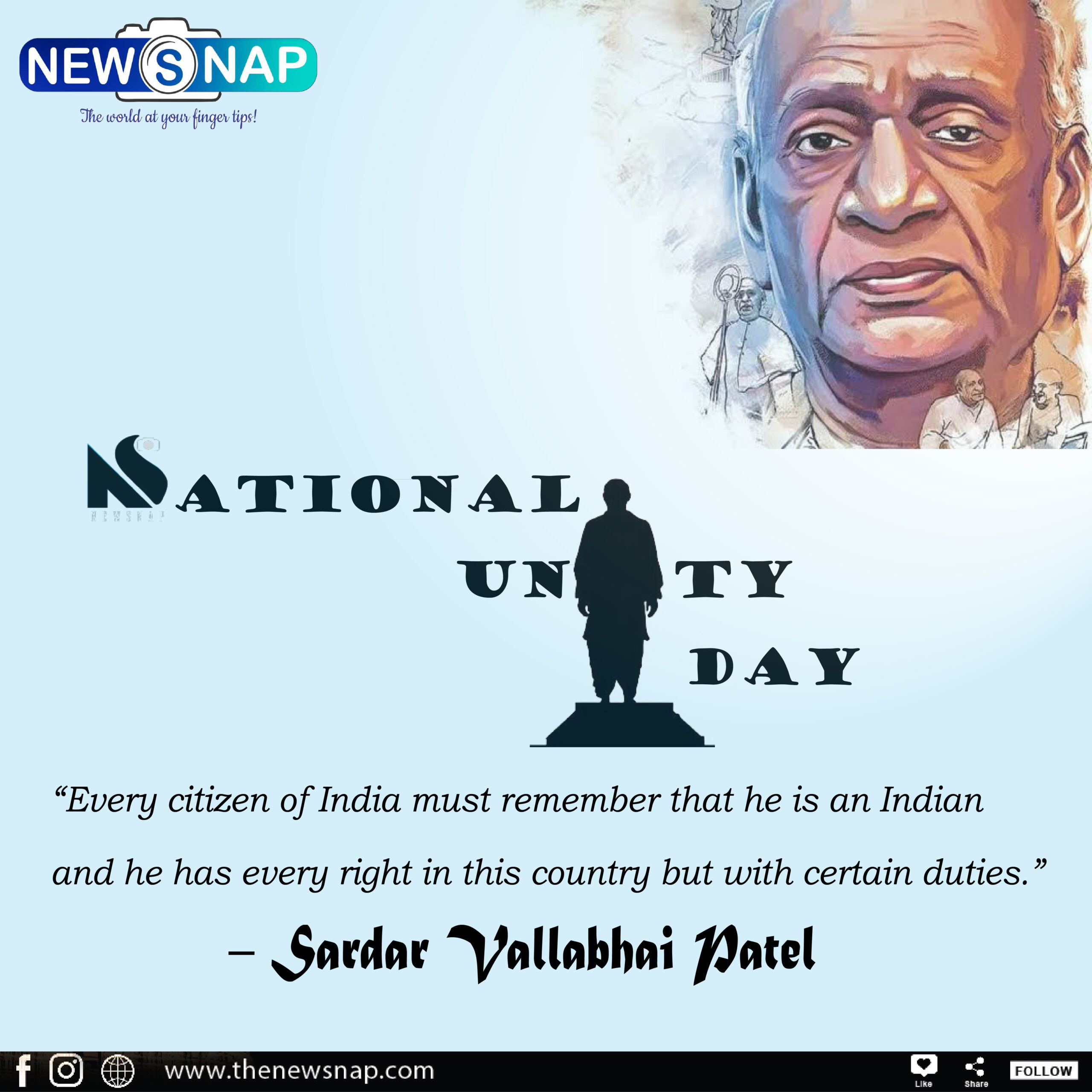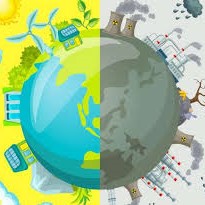Every citizen of India must remember that he is an Indian and he has every right in this country but with certain duties.
Sardar Vallabhai Patel

Year 1827, Poet Mirza Ghalib sets out on a journey from his city of love, Delhi towards Calcutta with a broken heart in the backdrop of the declining Mughal Empire and state of chaos all around. For a short period, en route Ghalib stops at the Temple City of Banaras. He is enchanted with its serenity, temples and the Ganges resulting in a magnificent composition, Temple Lamps (Chirag-i-Dair) contains these timeless lines –
Said I one might to a pristine seer
(who knew the secrets of whirling Time),
‘Sir, you well perceive,
That goodness and faith,
Fidelity and love
Have all departed from
This sorry land.
Father and Son are at
Each other’s throat;
Brother fights brother.
Unity and federation are undermined.
Despite these ominous signs
Why has not Doomsday come?
Why does not the last Trumpet sound?
Who holds the reins of the Final Catastrophe?’
(From the Prologue – Unnatural Nation in Ramachandra Guha’s India After Gandhi)
Year 1947, Ghalib’s anguish resonated through these timeless lines. India was preparing to accept the Gift of Fight, Independence. On one hand, it was the end of a long struggle for every Indian and on the other a confused chaos for the 500+ Princely states who would be free to choose between acceding to India or Pakistan or remaining independent. This was a bigger challenge to India than the Princely States. The only way to realize the dreams of prosperity, development to the impoverished Indians was the smooth governance through the length and the breadth of the nation. The task of integrating these States was handed over to the Master administrator, a man of few words with an iron grit, Sardar Vallabhai Patel. With military precision and a diplomatic charisma ably assisted by V.P.Menon, used in the literary sense Sama, Daana, Bedha, Danda tricks to woo the dilly dallying Princes.
Article 1 of the Indian Constitution states, “India, that is Bharat, will be a Union of States.” Seems surreal, easily said than done. With 48% of pre-independent India covered by the princely states, the task was humongous and the high drama especially in case of Nizam of Hyderabad and the State of Kashmir, precious lives were lost; the integration was not a bloodless one! One island archipelago, strategically located but oblivious to the chaos was Lakshadweep. Pakistan Navy attempted to capture the islands, timely thwarted by Sardar Patel.
The journey of the Indian Republic since Sardar Patel, has constantly been tested time and again by outside perpetrators and on the inside, egoistic mischief mongers. If in 1947, it was communal riots, partition and a refugee crisis. Today, 74 years since independence and 70 years since gifting ourselves with an unparalleled magnificent Constitution, Ghalib’s 193 year old anguish continues to resonate.
This National Unity Day (Rashtriya Ekta Diwas) should not pass off as yet another customary remembrance of the Stalwart Architect of Modern India on his 145th birth anniversary but instill the equivalent tactful, visionary and empathetic approach to the elements inside and outside our boundaries threatening not only the integrity but testing the faith and strength of this glorious democracy.
In the words of Sardar Patel during the Quit India movement, the only way forward is, “ We have to shed mutual bickering, shed the difference of being high or low and develop the sense of equality….we have to live like the children of the same father.”



Yes well articulated. But at this present scenario the politicians are scratching their heads as to how to exploit people by going reverse what the great man envisaged. It’s really ironical and have to really be aware and alert to negate those forces which are trying to make us separate and threaten our country’s unity.
Excellent & nicely explicated… Thank you